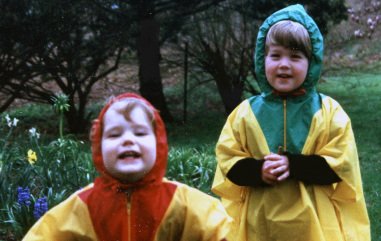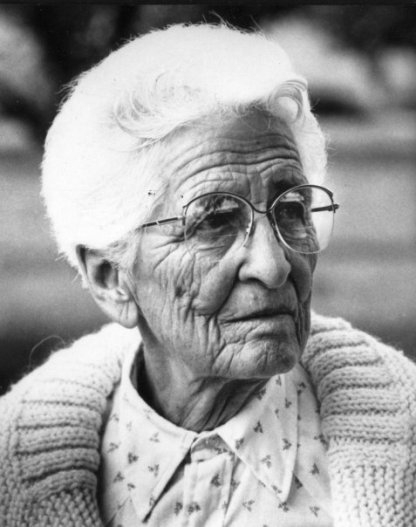When my children were learning to talk, I developed a fascination with language acquisition. The process of learning to communicate with other human beings in the lingua franca of the culture (speaking US English to adults) was taking place in front of me. I felt awed by the intelligence required to decipher language and delighted by the myriad ways the process and behavior unfolded. For about a year, I seriously considered enrolling in university to pursue a Master’s degree in some sort of language/linguistics-related discipline.
But I had two toddlers and lacked the energy, time, and money to devote to diligent scholarship of that sort. Instead, I took my usual autodidactic approach: reading and observing. One thing of vivid interest to me at the time was how differently my children each approached “learning to talk.” In retrospect, I recognize that their differences in personality and their differing cognitive strengths made significant impacts upon language acquisition, implementation, expression, and use.

At present, my interests in language revolve about the other end of the lifespan of human communication–the loss of language abilities as people age. The elderly Beloveds in my life are displaying markedly differing changes in how they experience, and express, cognitive gaps. Often the expression of such gaps appears in the way they speak.
This would be the opposite of language acquisition. Memory losses, or slower memory retrieval functions, are common to most adults over age 70; but those issues do not necessarily affect sentence structure, vocabulary, pronunciation, descriptive abilities, and emotive communication through language. Strokes, neurovascular constriction, and Alzheimer’s disease, among other physiological alterations, can exert marked effects on verbal and written communication, however. Hearing loss and diminished vision exacerbate these problems.
All too often, the human being seems “lost” beneath the symptoms or becomes isolated as a result of the immense challenges to human relationships we have taken for granted for decades of being relatively “non-impaired.”
The loss of language skills intrigues me as much as the acquisition; my readings in neuropsychology and neurobiology have taught me that there is so much yet to learn about the brain and how it processes–well, almost everything (but my special interest is communication).
And my experience with people who are aging, or in some cases—my hospice volunteer work—dying, demonstrates on a personal or anecdotal level how uniquely individual each one of us is. How we communicate, how we express ourselves, our neurological processes, our physiology, temperament, environment, genetic makeup…so gloriously complex, random, fascinating.

~
Some recent reading–
Into the Silent Land: Travels in Neuropsychology (Paul Broks); Cure: A Journey into the Science of Mind over Body (Jo Marchant); The Language Instinct (Steven Pinker)
A post I put up awhile back contains my poem Age as a Foreign Language. Apropos here, I think.
~
And no, I am not tempted to enroll in further formal study on this topic. But reading suggestions will be gratefully accepted!

Share this post with your friends.


Anything by John McWhorter is well worth reading (also his teaching Company/Great Courses lectures are terrific). I particularly am reminded of his discussion somewhere of how languages die. This has happened to many Native American languages. They don’t die all at once, but they lose words for things gradually. For example, they might forget the word for “knee” so everyone begins to say “I banged my leg-elbow.”